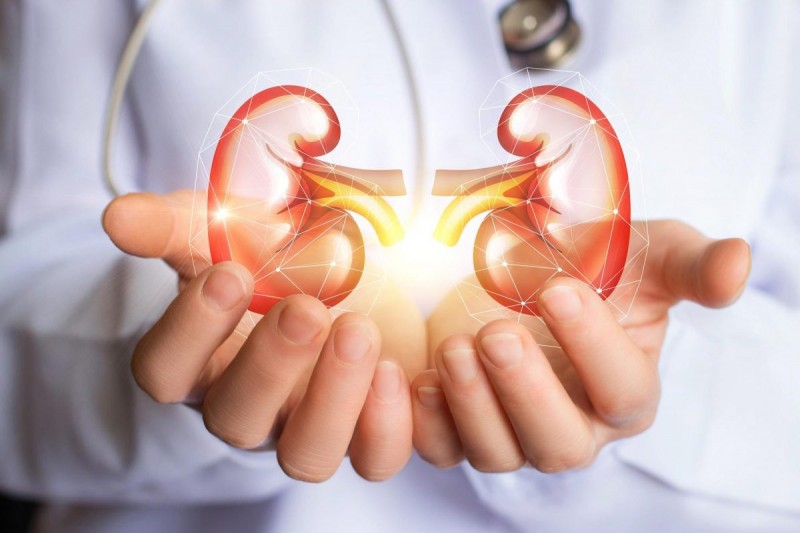Chronic Kidney Disease (CKD) Prevention Strategies
Chronic Kidney Disease (CKD) is a serious condition that affects the kidneys' ability to function properly. Preventing CKD is crucial for maintaining overall health and well-being. By adopting certain lifestyle changes and managing underlying risk factors, you can significantly reduce the risk of developing CKD. Here's a comprehensive guide on how to prevent CKD:
1. Maintain a Healthy Diet
- Consume a balanced diet rich in fruits, vegetables, whole grains, and lean proteins.
- Limit salt intake to regulate blood pressure and reduce strain on the kidneys.
- Stay hydrated by drinking an adequate amount of water throughout the day.
2. Control Blood Pressure and Diabetes
- Manage blood pressure through regular check-ups and prescribed medications if necessary.
- Keep blood sugar levels in check, especially if you have diabetes, to prevent kidney damage.
3. Exercise Regularly
- Engage in moderate physical activity for at least 30 minutes most days of the week.
- Exercise helps maintain a healthy weight and promotes cardiovascular health.
4. Avoid Overuse of Pain Medications
- Limit the use of over-the-counter pain relievers, as excessive use can harm the kidneys.
- Consult a healthcare professional before taking any medications regularly.
5. Manage Weight Effectively
- Maintain a healthy weight through a combination of balanced eating and regular exercise.
- Obesity can increase the risk of developing CKD, so weight management is crucial.
6. Quit Smoking
- Smoking damages blood vessels, including those in the kidneys, leading to potential kidney problems.
- Seek support to quit smoking and improve overall kidney health.
7. Limit Alcohol Consumption
- Excessive alcohol consumption can strain the kidneys and contribute to kidney damage.
- If you drink alcohol, do so in moderation and stay within recommended limits.
8. Monitor Cholesterol Levels
- High cholesterol levels can impact kidney function and overall cardiovascular health.
- Manage cholesterol through diet, exercise, and prescribed medications.
9. Stay Hydrated
- Drink an adequate amount of water daily to help flush out toxins from the body.
- Proper hydration supports kidney function and reduces the risk of kidney stones.
10. Regular Health Check-ups
- Schedule regular check-ups with your healthcare provider to monitor kidney health.
- Early detection of any issues can help prevent CKD progression.
11. Manage Stress
- Chronic stress can contribute to various health problems, including kidney issues.
- Practice stress-reduction techniques such as meditation, yoga, or deep breathing.
12. Limit Processed Foods
- Processed foods often contain high levels of sodium and unhealthy fats.
- Opt for whole, unprocessed foods to support kidney health.
13. Choose Plant-Based Proteins
- Incorporate plant-based protein sources like beans, lentils, and nuts into your diet.
- These options are generally lower in saturated fats and beneficial for kidney health.
14. Avoid Excessive Protein Intake
- Consuming too much protein can strain the kidneys over time.
- Balance your protein intake according to your individual needs.
15. Maintain Regular Sleep Patterns
- Aim for 7-9 hours of quality sleep each night to support overall health.
- Proper sleep helps the body repair and regenerate, including kidney tissues.
Taking proactive steps to prevent Chronic Kidney Disease (CKD) is essential for maintaining optimal kidney health and overall well-being. By adopting a healthy lifestyle, managing underlying health conditions, and making informed choices, you can significantly reduce the risk of developing CKD and enjoy a healthier life.
10 Foods to Avoid for Healthy Kidneys
How to Safeguard Your Kidneys from 5 Common Causes of Kidney Damage
Menopause and Hormones: A Guide to Supporting Estrogen Production
